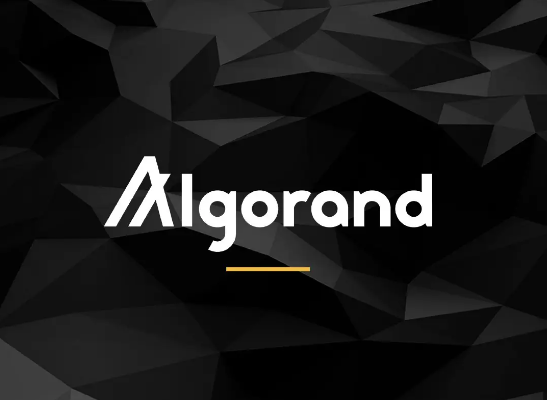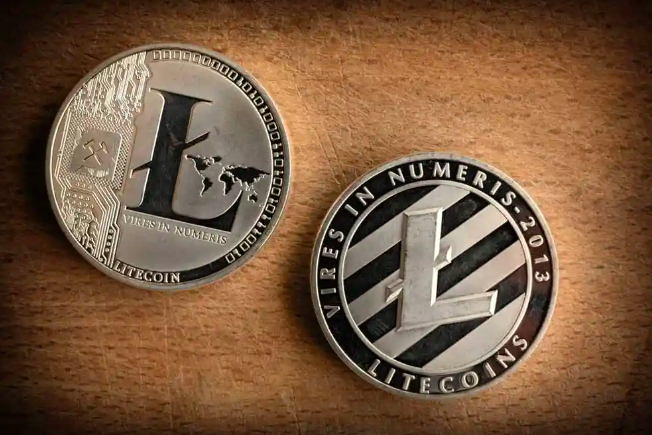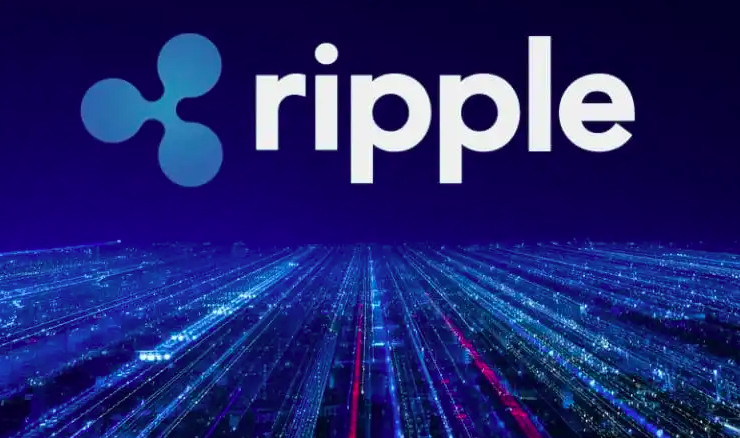Algorand upgrade boosts speed, adds trustless cross-chain communication

Pure proof-of-stake (PPoS) blockchain Algorand has introduced cross-chain communication and transaction speed improvements with the latest upgrade to its protocol.
The layer-1 blockchain network announced the implementation of State Proofs to its mainnet, which introduces trustless communication between different blockchain protocols. The upgrade also increased Algorand’s processing speed from 1,200 to 6,000 transactions per second.
The upgrade also includes the provision of new tools for developers as well as on-chain randomness capabilities for decentralized applications (DApps) running on Algorand. On-chain randomness is a key feature of Algorand’s PPoS consensus, in which network validators are chosen at random despite the respective amount of staked Algorand (ALGO) tokens.
As Algorand unpacked in a recent Medium post, State Proofs are cryptographic proofs of Algorand’s state that allows DApps on other blockchains to trustlessly verify Algorand transactions. The upgrade also increased the block size to 5 MB and a “sub-4-second block latency and finality.”
The introduction of State Proofs allows Algorand to securely connect to different blockchain networks without using an intermediary. Cross-chain interoperability and connectivity have mainly been powered by cross-chain bridges and validator networks, which have been subject to high-level exploits in recent times.
3/ Today’s upgrade also features an increase in performance from 1,200 to 6,000 TPS and new best-in-class developer tools, allowing organizations building on #Algorand to continue to scale to meet growing demand for #Web3 applications pic.twitter.com/1CJyL0587L
— Algorand (@Algorand) September 7, 2022
Algorand touts its quantum-secure, trustless State Proofs as a solution to the centralized nature of storage points in existing cross-chain service providers and platforms. Exploits of cross-chain bridges have resulted in the loss of more than $2 billion in 2022 alone.
Paul Riegle, chief product officer at Algorand, highlighted the upgrade as a significant step in facilitating the growth of Web3 platforms running on its network:
“From State Proofs, which are a game-changing blockchain interoperability security feature, to increased TPS, we are unlocking the tools required for Web3 applications to fulfill their vast potential.”
Algorand’s upgrade is timely considering that Ethereum is on the cusp of its transition from proof-of-work to proof-of-stake (PoS) consensus, with the Merge set to take place in the next couple of weeks. Ethereum’s move to PoS is set to drastically improve the scalability and efficiency of the network while reducing its carbon footprint.
Algorand is the brainchild of MIT professor Silvio Micali, who founded the PPoS blockchain to address what is known as the “blockchain trilemma.” The trilemma suggests that no blockchain can be simultaneously decentralized, scalable and secure.
This article is authorized for publication, and unless the source is indicated, it is submitted by users and does not represent the position of our website. If the content involves investment suggestions, it is for reference only and not as an investment basis.







